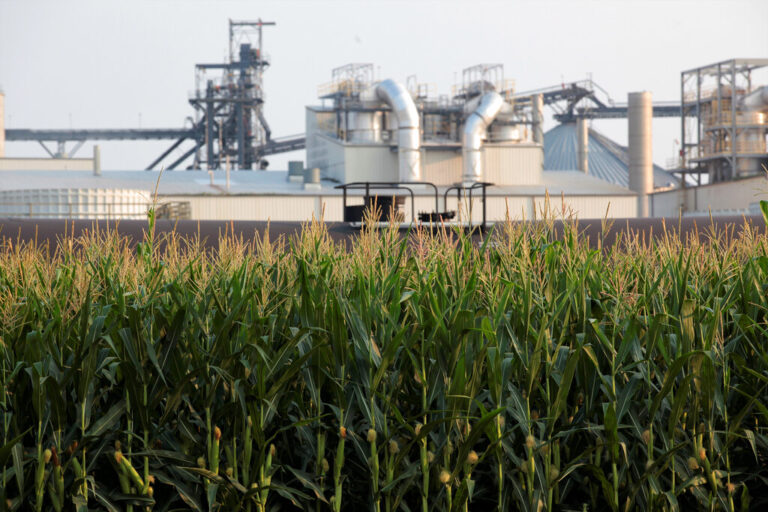CHAMPAIGN – Plans have resumed for a carbon dioxide pipeline in Illinois after a brief delay.
Heartland Greenway LLC refiled its application with the Illinois Commerce Commission last Friday after voluntarily withdrawing it at the end of January.
The Omaha-based company is seeking a certificate of authority to construct a pipeline that would cross 13 counties on its way to two storage sites in central Illinois.
Navigator has also expanded the scope of the project in its latest application, adding 42 miles of pipeline and an additional storage site.
The Heartland Greenway pipeline proposal is part of an emissions reduction strategy called carbon capture and storage (CCS). The technology removes carbon dioxide from smokestacks and transports it to sites where it can be stored thousands of feet underground.
Illinois has been identified as an optimal site for carbon storage because of deep reservoirs of sandstone beneath the state. The rock provides the necessary “pore space” to hold liquefied carbon dioxide, while a stratum of denser overlying rock keeps the liquid contained.
But despite geologists’ predictions that carbon could be safely sequestered for millions of years, many Illinois landowners aren’t willing stake their livelihoods to find out.
Navigator withdrew its initial application with the ICC after failing to secure the necessary agreements with landowners to store the carbon dioxide.
Concerns have also been raised about the repercussions of the pipeline itself.
“As a farmer, I’m really concerned about the land impact,” said Steve Hess.
The pipeline would cross through a portion of Hess’s farmland on its way through McDonough County in western Illinois.
Construction the pipeline would mean tearing through an expensive system of drain-tiles in Hess’s fields. And it would compact the soil, Hess said, which could negatively impact soil quality for years to come.
“And then you have the safety issue,” said Hess. “My son lives a half mile from the (proposed) pipeline.”
A carbon pipeline ruptured in Satartia, Mississippi in 2020, sickening dozens of people. Hess said that incident weighs heavily on his mind, and he doesn’t think Navigator has done enough to address landowners’ concerns.
In an email, company spokesman Andy Gates said Navigator maintains a “strong construction and operational safety record” and plans to continue its public outreach efforts.
Asked any headway the company has made in securing agreements with landowners, Gates said Navigator has so far spent nearly a million dollars on Right of Way agreements for the project in Illinois.
He did not specify what percentage of necessary agreements that figure represents.

